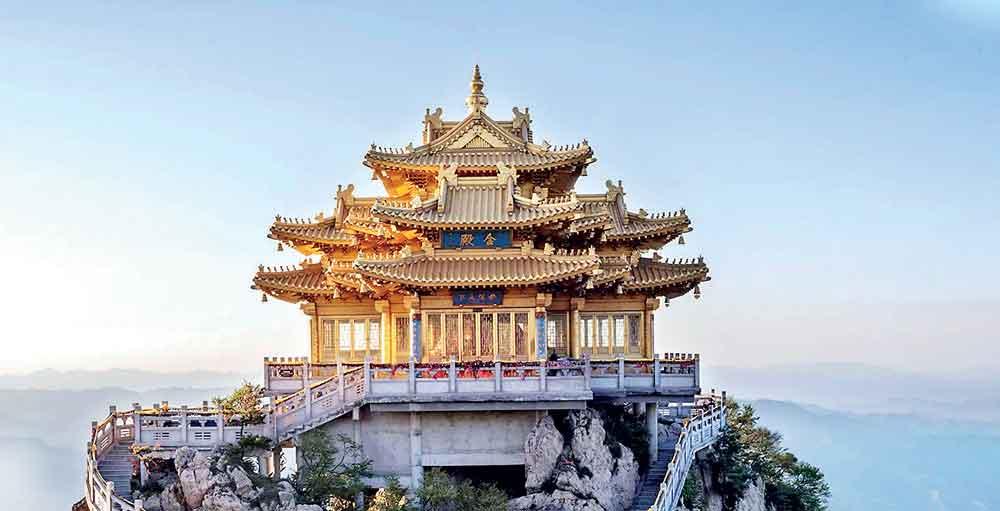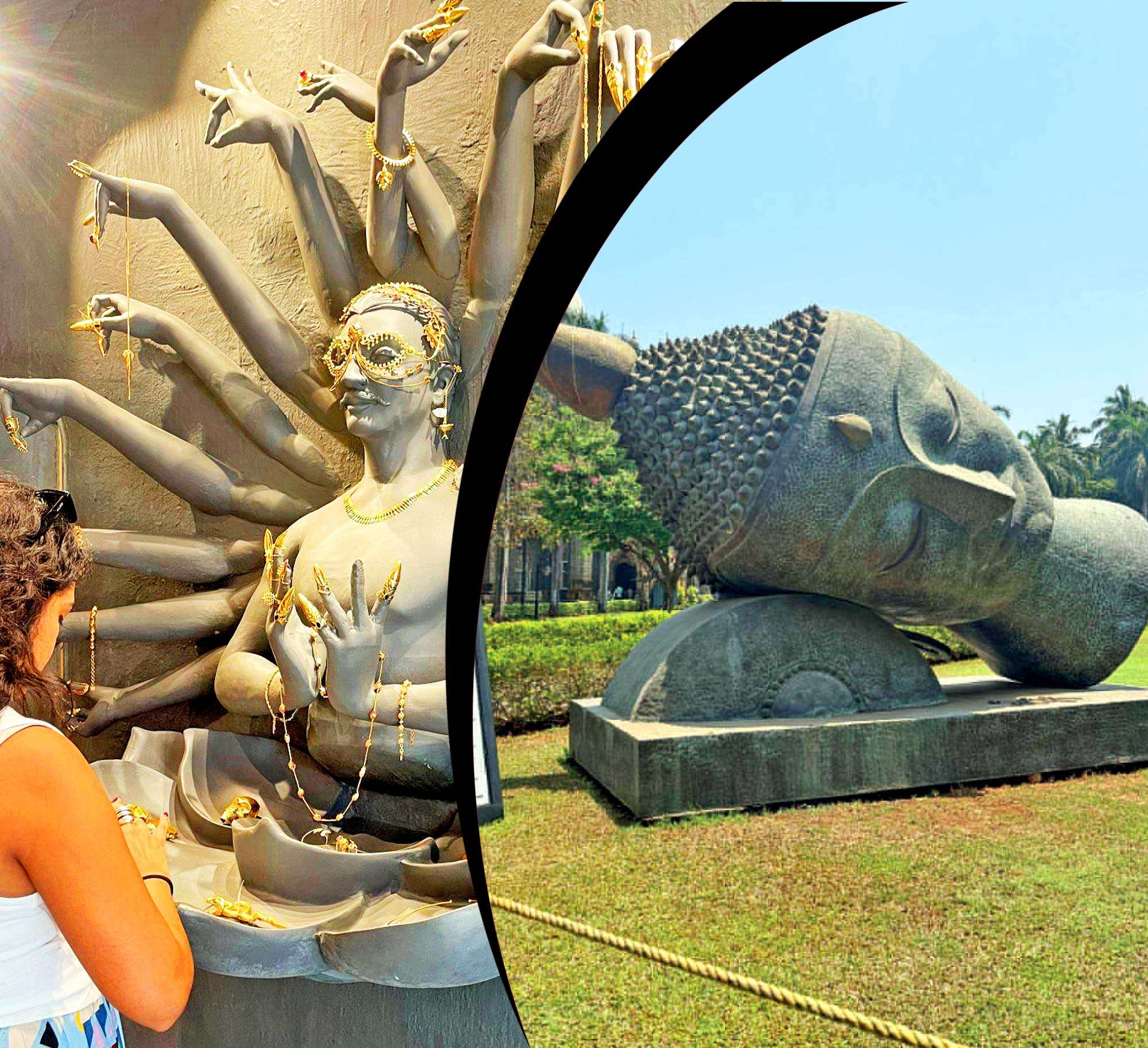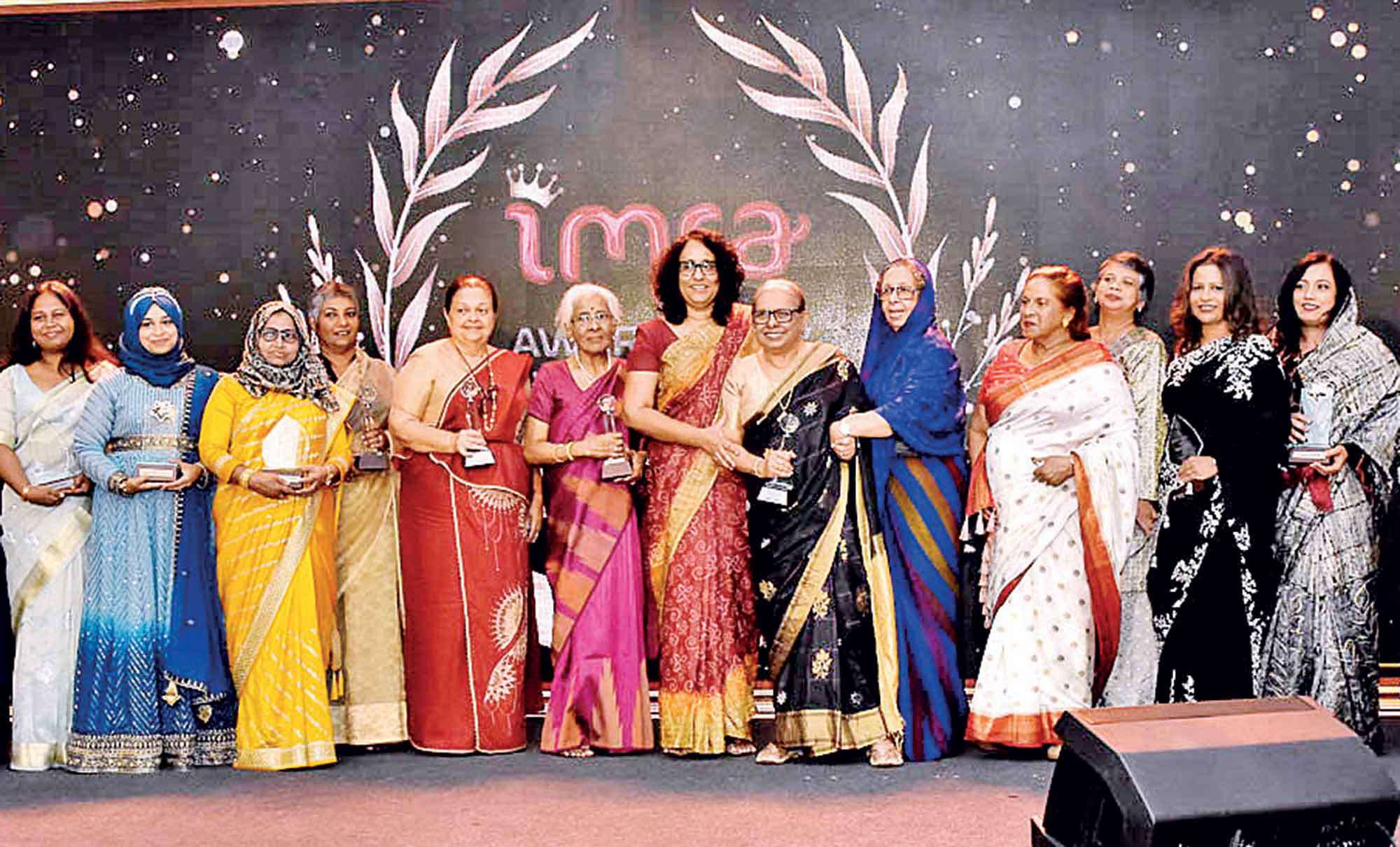
 Taoism is an ancient Chinese philosophy and spiritual tradition emphasizing harmony with the Tao; the natural way of the universe. It values simplicity, balance, humility, and flow. Taoism teaches non-resistance, or Wu Wei, encouraging individuals to align with nature, cultivate inner peace, and lead through stillness, compassion, and self-awareness.
Taoism is an ancient Chinese philosophy and spiritual tradition emphasizing harmony with the Tao; the natural way of the universe. It values simplicity, balance, humility, and flow. Taoism teaches non-resistance, or Wu Wei, encouraging individuals to align with nature, cultivate inner peace, and lead through stillness, compassion, and self-awareness.
Most of us have grown up viewing leaders as figures who direct, command, and control. But the Tao Te Ching, one of the world’s most enduring philosophical texts, offers a radically different perspective: true leadership arises from humility, quiet influence, and profound trust. “The Tao does not interfere or compel,” says Allan Chuck, a senior teacher of Global Tao Grandmaster Dr. and Master Zhi Gang Sha. “It grants free will to all. A servant leader, like the Tao itself, intervenes only when necessary, cultivating deeper trust and respect.”
Rather than dictating every step, Taoist leadership creates the conditions for intelligence and creativity to flourish. The leader need not have all the answers, they simply hold space for the collective wisdom of the group to surface. As Master Gu Shining, a Taoist practitioner from the Wudang Mountains in China, explained on my podcast: “Laozi teaches us to navigate between the big and the small... the much and the few... to act by not acting.” It’s a subtle shift, but a powerful one. True power doesn’t need to be loud. Often, it’s the quietest presence that leaves the deepest mark.
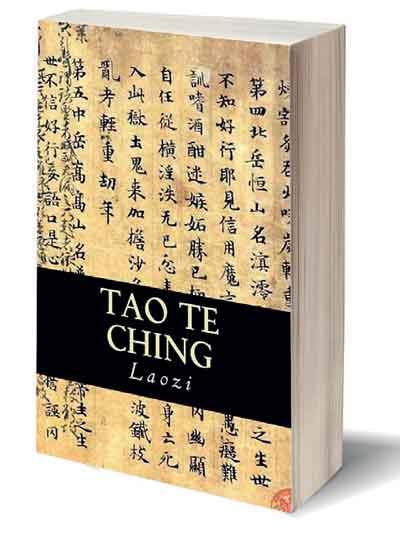
In a world defined by disruption, leadership must be fluid. Rigidity no longer works.
Leading Like Water: The Tao of Modern Leadership
In a world defined by disruption, leadership must be fluid. Rigidity no longer works. The old models; command, control, compete, crack under the weight of constant change. Taoism names this principle Wu Wei. Often translated as “effortless action,” it’s the art of moving with the current instead of against it. “Wu Wei encourages leaders to flow with challenges rather than fight them,” says Vanita Keswani, a Tao follower and student of Dr. and Master Zhi Gang Sha. “It’s about embracing uncertainty and adjusting as needed.”
This isn’t just ancient wisdom; it’s backed by data. A 2025 study in the Journal of Applied Behavioural Science found that inclusive leadership enhances adaptability and creativity, especially when teams are deeply engaged. “Lao always says: overcome hardness with softness,” adds Master Gu Shining. Adaptability doesn’t mean passivity. It means wisdom. It means responding with awareness, not reacting out of habit. In an era when long-term plans often dissolve overnight, those who thrive are the ones who adjust their sails as the wind shifts.
The Strength of Humility and Servant Leadership
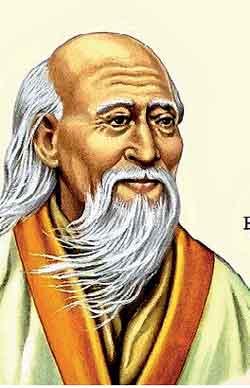 |
 |
| Lao Tzu | Vanita Keswani |
Think of water. It yields yet wears down stone. It takes the shape of its container yet nourishes all life. That’s the leadership the Tao Te Ching envisions. “Water does not contend,” says Master Shining. “If you pour it into a cup, it becomes the cup. Into a box, it becomes the box. Water never complains.” The metaphor is more than poetic; it’s practical. Leaders who embody water don’t overpower environments; they understand and shape them. Allan Chuck, senior teacher of Master Sha’s Global Tao teachings, explains: “This kind of influence becomes part of the fabric of a team or organisation. It’s not built on ego or image, it’s sustainable and shared.” By stepping back, listening deeply, and trusting others, leaders build cultures that are not only more resilient but more human.
Trusting the Process, and the People
One of the greatest challenges for today’s leaders is letting go of control. But Taoism reminds us: control is often an illusion. “Pressuring results can create resistance and stress,” Keswani explains. “But allowing space, being flexible, invites creativity and better solutions.” It all comes back to trust. Trusting your team. Trusting the timing. Trusting that the best outcomes can’t always be forced, they often arise when we stop pushing.
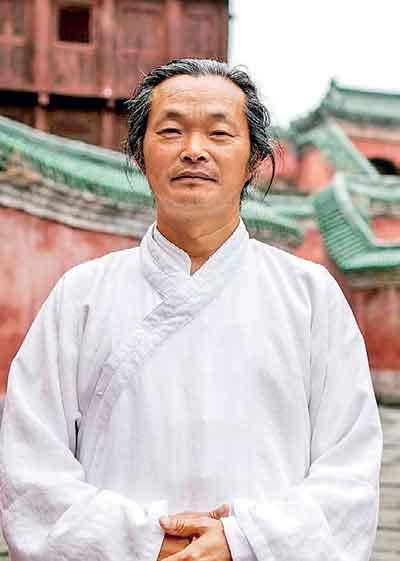
Master Gu Shining
Leadership, through the lens of Tao, becomes less about control and more about clarity. Less about constant action, and more about wise alignment.
Leadership as Inner Work
Before leaders can guide others, they must learn to lead themselves. The Tao Te Ching returns again and again to this truth: inner clarity precedes outer impact. “Cultivating inner strength through self-reflection helps leaders stay centred, even in chaos,” says Keswani. “True wisdom arises in stillness.” Even in high-stakes negotiations, calm presence can do more than pressure. Keswani shares her own experience in media leadership: “A leader who listens, and lets discussion flow naturally, often reaches stronger, more lasting agreements.” Master Shining sums it up simply: “The purpose of Taoist cultivation is harmony, between yourself and yourself, between yourself and others, and between mankind and nature.” When we cultivate inner harmony, outer harmony becomes possible. And when a leader guides from that place, they lead not just with purpose, but with peace.
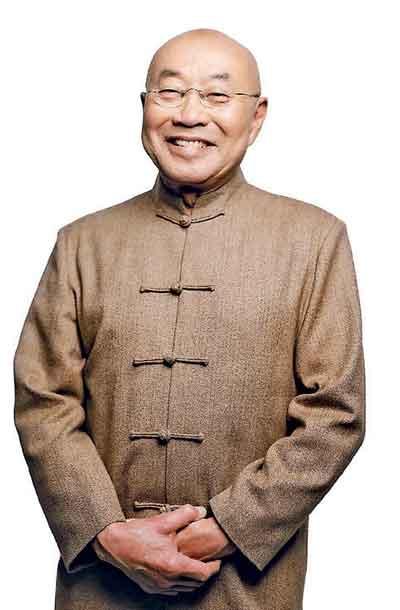
Master Allan Chuck
A Quiet Rebellion
In an age where leadership is often measured in volume, speed, and dominance, the Tao Te Ching offers a quiet rebellion. It whispers, there is another way. Leadership, through the lens of Tao, becomes less about control and more about clarity. Less about constant action, and more about wise alignment. It’s not about how loud we can be, but how deeply we can listen. And sometimes, the most powerful thing a leader can do, is step back.
